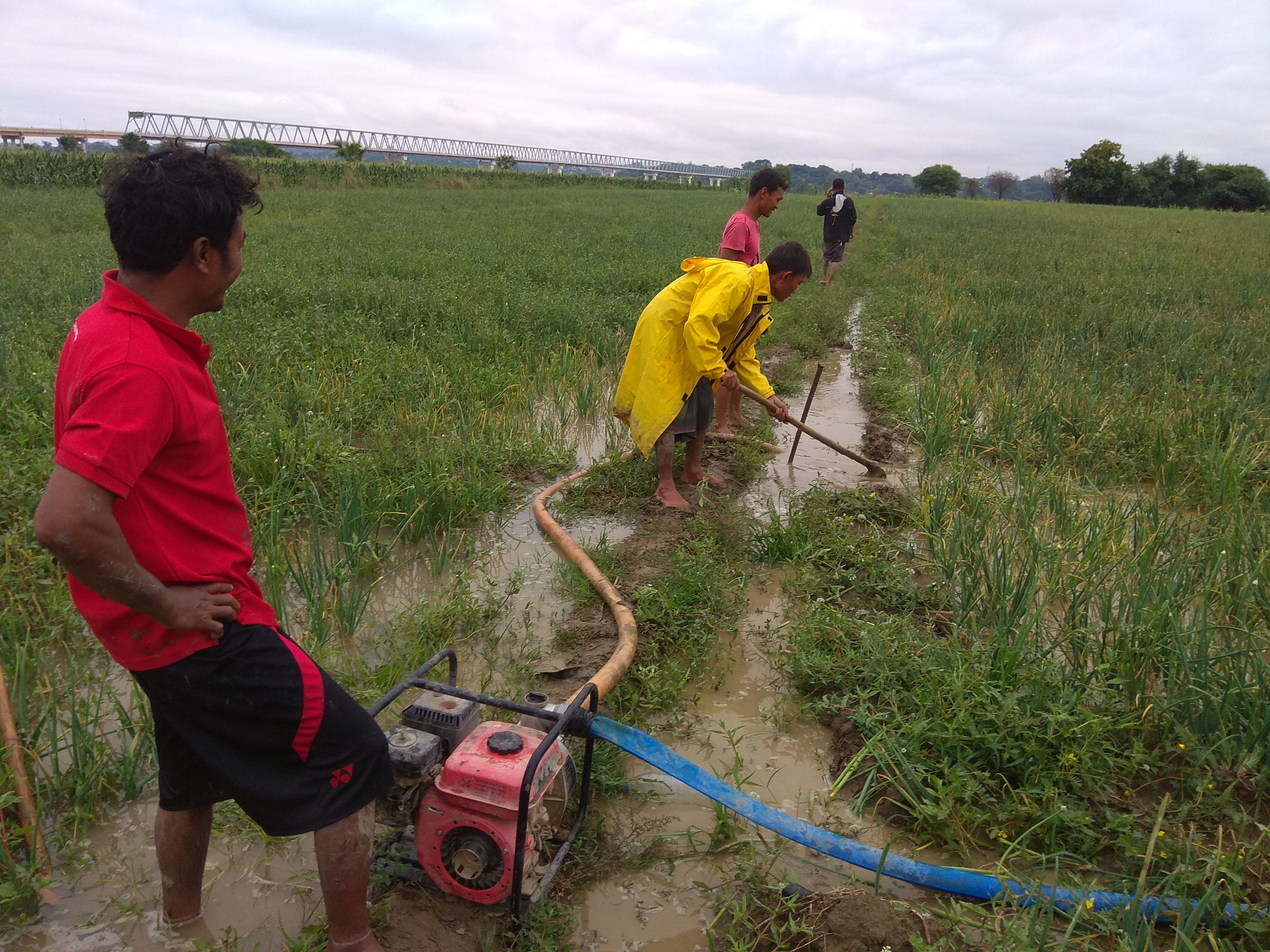CNI News
5 August 2022
As successive governments promised to give priority to agriculture but failed to do so effectively, they were indifferent to the SAC chairman’s promise to promote agriculture, farmers told the CNI.
In his speech on 1st August, the SAC chairman said that priority would be given to agriculture and livestock breeding and utmost efforts were being exerted to provide farmers with fertilizers, pesticides and irrigation water.
U Ko Ko Lay, a farmer from Kyaukpadaung, told the CNI, “We do not expect anything from the government because priority has been given to agriculture for eons but only those who were well connected with government departments could enjoy benefits. The assistance has never reached the lowest levels. Even when they did reach us, they were just trying to attract the media attention. It is also very difficult to help all farmers effectively. At present, farmers are encountering various problems including lack of income and it will be more difficult to help farmers effectively. So, we do not expect anything from the government.”

A cattle breeding farm.
To effectively help farmers, it was important to take measures to lower the skyrocketing prices of agricultural inputs, Ko Sithu, a farmer from Ayeyarwady Region, told the CNI.
Ko Sithu said, “It is only possible when market exchange rates of US$ against MMK fall. As long as the market exchange rates continue to rise, farmers will suffer the impacts. When we sell our produce, we are paid much lower than prevailing prices before the harvest. Everything rests on the market US$ exchange rate against MMK. As long as the US$ exchange rates rise against MMK, the prices of fuel, fertilizers and pesticides will rise.”
Currently, farmers had to use natural fertilizers like cattle manure instead of chemical fertilizers. Therefore, they had to use about 60 bags of natural fertilizers for a farm plot where they needed three bags of chemical fertilizers previously.

Farmers irrigate their farms.
It cost about MMK 300,000 to buy three bags of chemical fertilizer while 60 bags of natural fertilizers were available at MMK 150,000.
Therefore, it would be a viable alternative for the government to help farmers produce natural fertilizers, U Ko Ko Lay, the farmer from Kyaukpadaung, said.
However, it was difficult for some farmers, who had to rely on chemical fertilizers enormously, to use natural fertilizers immediately and would have to take time to adopt a new practice, U Aung Kyaw Mya, a Rakhine farmer, told the CNI.
Although there were irrigation facilities in Rakhine State, farmers there had to rely on seasonal rains but the state was undergoing droughts recently and needed irrigation water supply for agriculture, he added.
U Aung Kyaw Mya told the CNI, “It can be said that Rakhine State is divided into the northern and southern parts. Fresh water is available in the northern part but that is not the case in the southern part. As the coastal areas and inland areas are divided by mountain ranges, we can even grow the second crops there. If the government really wants to help and measures will be taken to supply irrigation water to our farms, we can even grow the second crops. There are about 1.2 million acres of farmland in the state. If the government can really help, our incomes will increase twice as much as usual and our living standards will be higher.”
The SAC chairman said in his speech on 1st August that MMK 400 billion out of MMK 491 billion set aside for the national natural disaster management would be allocated for funds for agro-based businesses.




